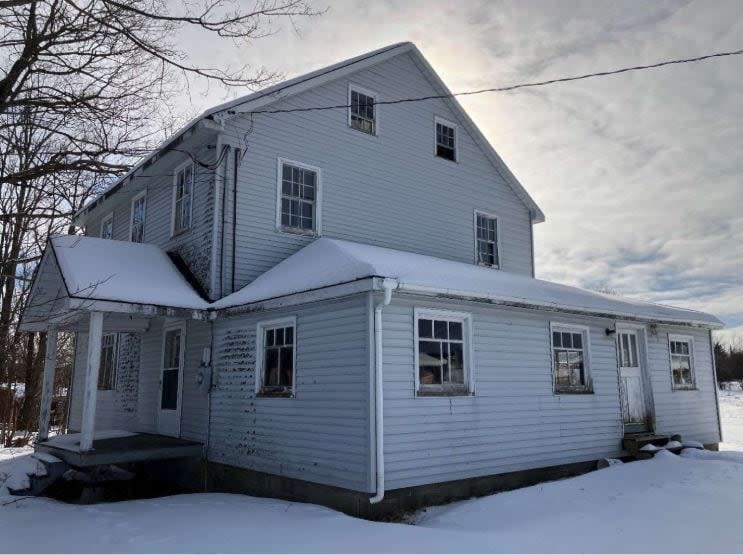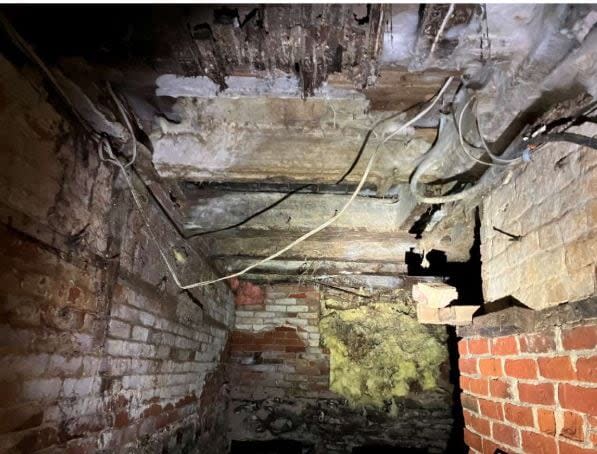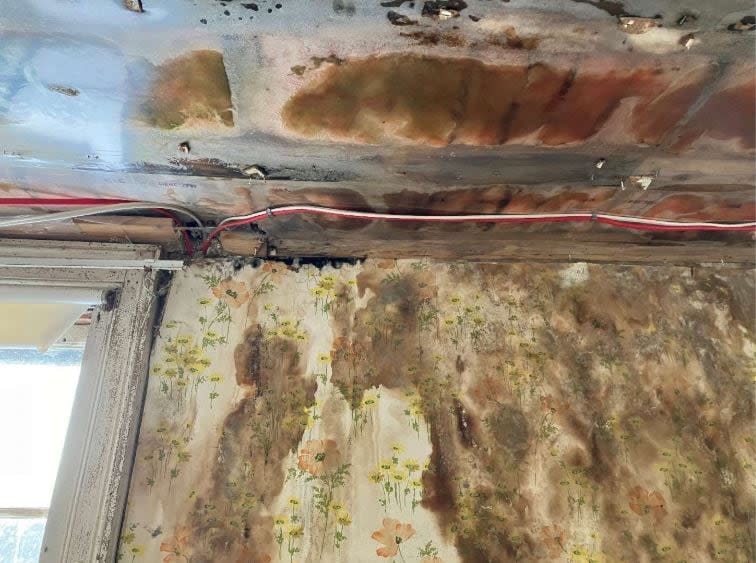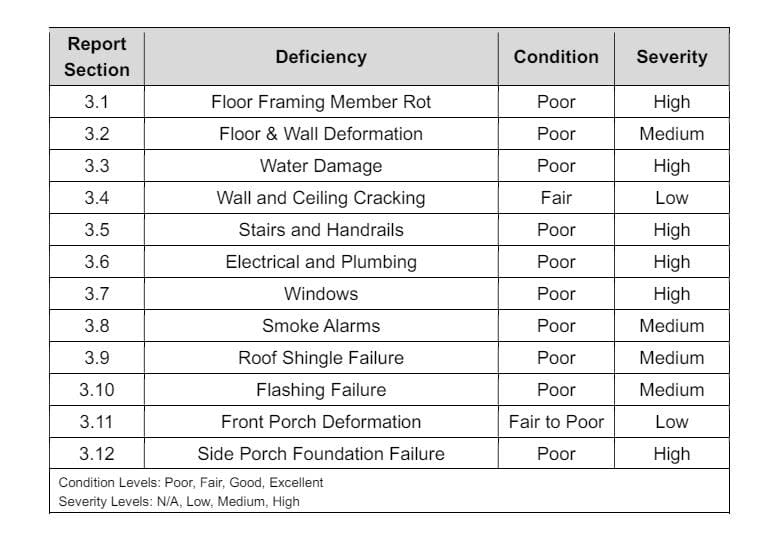Fredericton decides not to save old farmhouse in Golf Club Road development

Fredericton city council decided Monday to accept an engineer's report that says a farmhouse on a property set to be developed should be demolished.
The report by engineer Steve McLaggan with Ace Engineering determined the "demolition of the Farmhouse is the best alternative when considering cost, safety, time, and complexity."
The farmhouse is on the property on 874 Golf Club Rd. that was narrowly approved for an 870-unit development at council last fall with much controversy and debate.
At the time, Coun. Margo Sheppard tried to introduce a motion that the farmhouse, known as the Gay Farmhouse, be saved and used for housing, but it was voted down.
But the city requested an inspection to determine if the city should be given first refusal to save the property, which McLaggan did during a January site visit.
His report, which found the property was "not fit for human occupancy" and should be torn down, was added to the consent agenda at Monday's council meeting. This means there was no discussion among councillors on the motion, and the consent agenda was passed unanimously.

McLaggan's report said mildew was observed covering over half of the floor support beams in the basement. (Ace Engineering Inc./City of Fredericton)
The report included 19 photographs and a detailed analysis of the structural integrity and insides of the two-storey farmhouse, but it did not look into any historical background of the building or say when it was built.
"The Farmhouse has been vacant for many years with little to no maintenance," McLaggan said in the report.
The report said a "white fuzzy growth, noted as mildew," was visible in the basement covering over half of the surface of floor beams holding up the building.
McLaggan said he believes most of the beams are rotten. This could be proven if a core sample is taken, but that would further corrupt their structural integrity, he said.
Part of the basement under the front porch was behind a door that could not be opened and was unable to be inspected, he said.

Mildew and mould are seen on the walls and exposed insulation in the main interior of the farmhouse. (Ace Engineering Inc./City of Fredericton)
Broken windows, sagging floors, signs of water damage, mould, mildew, and a musty damp smell were observed throughout the house.
"Various signs of exterior elements can be observed within the house including signs of debris, snow, ice, water, rodents, and insects," McLaggan wrote.
McLaggan believes a renovation took place in the 1970s in which plastic sheeting was added over exposed insulation. However, this trapped more water and moisture inside, leading to mould and rotting beams, he said.
The electrical wiring and plumbing were not up to code either. Additionally, the floor is failing in the kitchen, the shingles are failing, and both porch frames have shifting foundations.

A table at the end of McLiggan's report shows his scoring of various aspects of the farmhouse. Ten out of 12 categories received a "poor" rating. (Ace Engineering Inc./City of Fredericton)
McLaggan graded each part of his inspection, with 10 of 12 categories receiving a "poor" mark.
He concludes that moving the building is "not feasible" because of its condition, and the process to move the farmhouse would only further weaken the structure.

